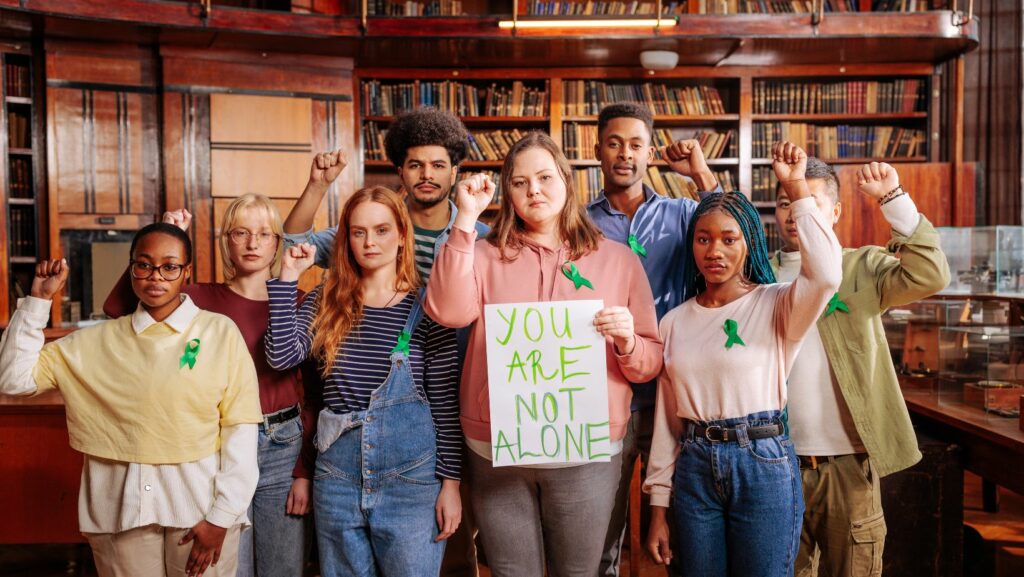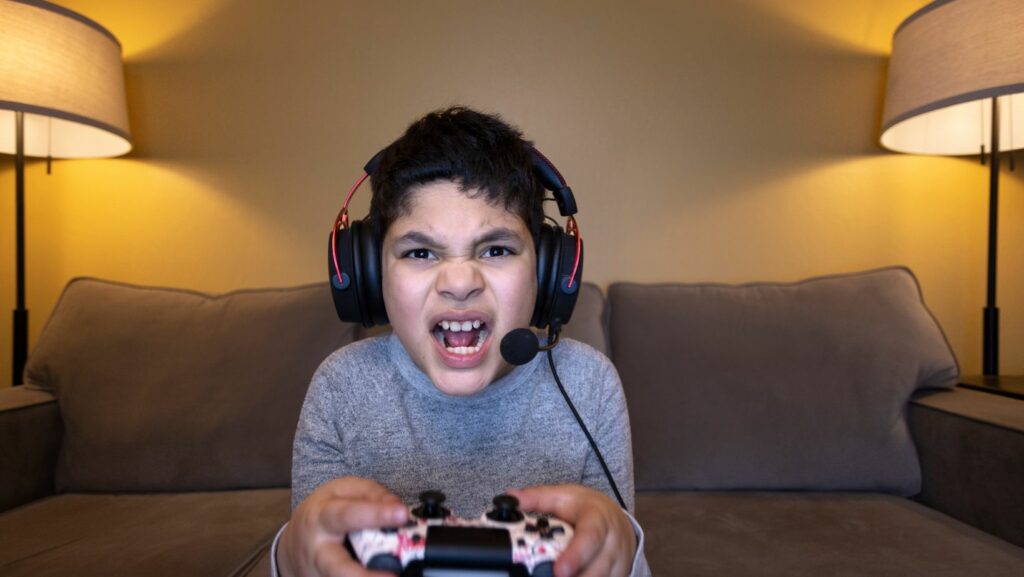Mental Health Games Online
Mental health games online serve a dual role of entertainment and mental fitness. Bridging entertainment and therapy, these digital tools allow improved mental strength.
Promoting mental health awareness proves instrumental in breaking stigma linked to psychological disorders. Mental health games online serve this purpose effectively. As interactive tools, they deliver psychoeducation, making users more aware of their emotional states.

For instance, games like ‘Depression Quest’ and ‘You Feel Like Sh*t’ provide players with scenarios that encourage understanding and empathy towards mental health struggles. The increasing number of such games reaffirms the escalating need for mental health awareness.
The digital sphere exhibits a notable growth in online games for mental wellness. According to Newzoo’s Global Games Market Report 2020, online game revenues hit $159.3 billion, a significant 9.3% year-on-year increase.
‘MindLight’, an online game radiating a clear message of mental wellness, has seen a surge in user engagement, indicating a positive reception among game enthusiasts. Its design, integrating therapeutic techniques with engrossing gameplay, mirrors the shift from mere entertainment to educational, health-positive games. Thus, the growth of such online games seizes a pivotal role in reshaping the mental health landscape.
Understanding Mental Health Games Online
Appreciating the innovation and influence of mental health games online necessitates an understanding of their underlying concepts, mechanics, and the advantages rendered by pursing these games on digital platforms.
The creation of mental health games stems from the principles of psychoeducation and self-management. Typically, these games adopt problem-solving exercises, decision-making scenarios, and emotional awareness enhancement activities. For instance, the game ‘Depression Quest’ mimics real-life situations associated with depression, allowing users to select a response from multiple choices. Here, game mechanics recommend players understand the difficulties faced by those coping with depression.

A different approach can be observed in the game, ‘MindLight,’ which utilizes a virtual world to train children in mindfulness practices and anxiety-management techniques. It adopts an innovative blend of biofeedback, where a child’s physiological signals guide the virtual environment, and evidence-based practices like exposure therapy. The intricate balance of engaging gameplay and therapeutic elements characterizes the game mechanics of online mental health games.
The boom of digitalization and online portals present a massive advantage for mental health games with a target audience reaching the global sphere. A significant plus is accessibility, as these games can be experienced on demand without geographical constraints or travel, an aspect facilitated by the ubiquity of smartphones and internet accessibility.
Further, they provide anonymity, an attractive prospect for individuals wary of societal stigma towards mental health. Privacy enables players to explore their mental health concerns without fear of judgment. An additional benefit is cost-effectiveness. Many mental health games offer free or low-cost resources that substitute expensive therapy sessions or interventions. In terms of user engagement, the interactive and dynamic nature of online games, combined with the opportunity for social connections in multiplayer modes, boost the user experience and motivation, fostering a steady and consistent user base.
Mental health games online continue to revolutionize therapeutic approaches by complementing traditional psychiatry with interactive, engaging, and stigma-free tools for improving mental wellbeing. Their impressive growth signals a promising trajectory in psychosocial interventions.
Role of Mental Health Games Online in Therapy
Mental health games online serve as effective, therapeutic tools, revolutionizing treatment strategies in psychiatry by offering potential for experiential learning through interactive gameplay. These games, finely tuned to provide benefits such as improved emotional awareness and anxiety reduction, supplement traditional therapeutic methods, amplifying their effect in an engaging manner.

Mental health games online have found their place in psychological practices, serving as substantial supports to conventional therapy. Therapists utilize the immersive and engaging aspects of games such as ‘Depression Quest’ and ‘Personal Zen,’ as complementary elements in therapy sessions. The unique insights offered by these interactive tools are invaluable in assisting patients in understanding their conditions and fostering self-discovery. For instance, the game ‘MindLight’ employs biofeedback techniques to help users learn coping strategies and stress management, complementing cognitive behavioral therapy initiatives. Table 1 below presents a summarized view of how some popular mental health games contribute to psychological practices.



